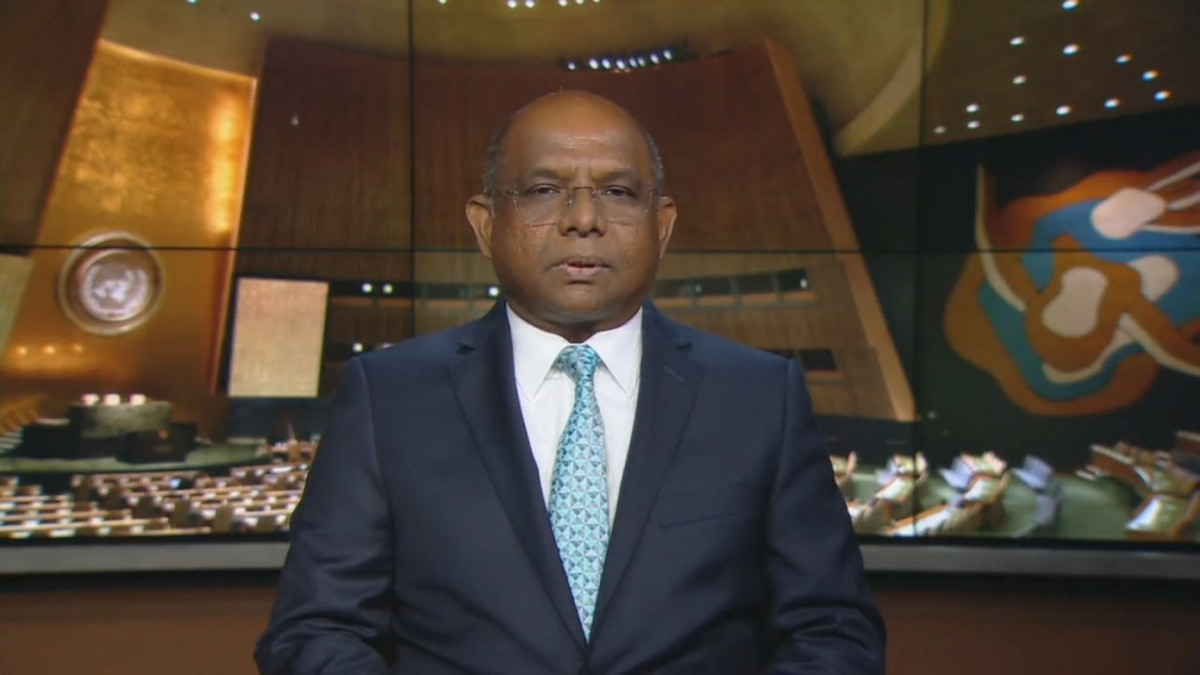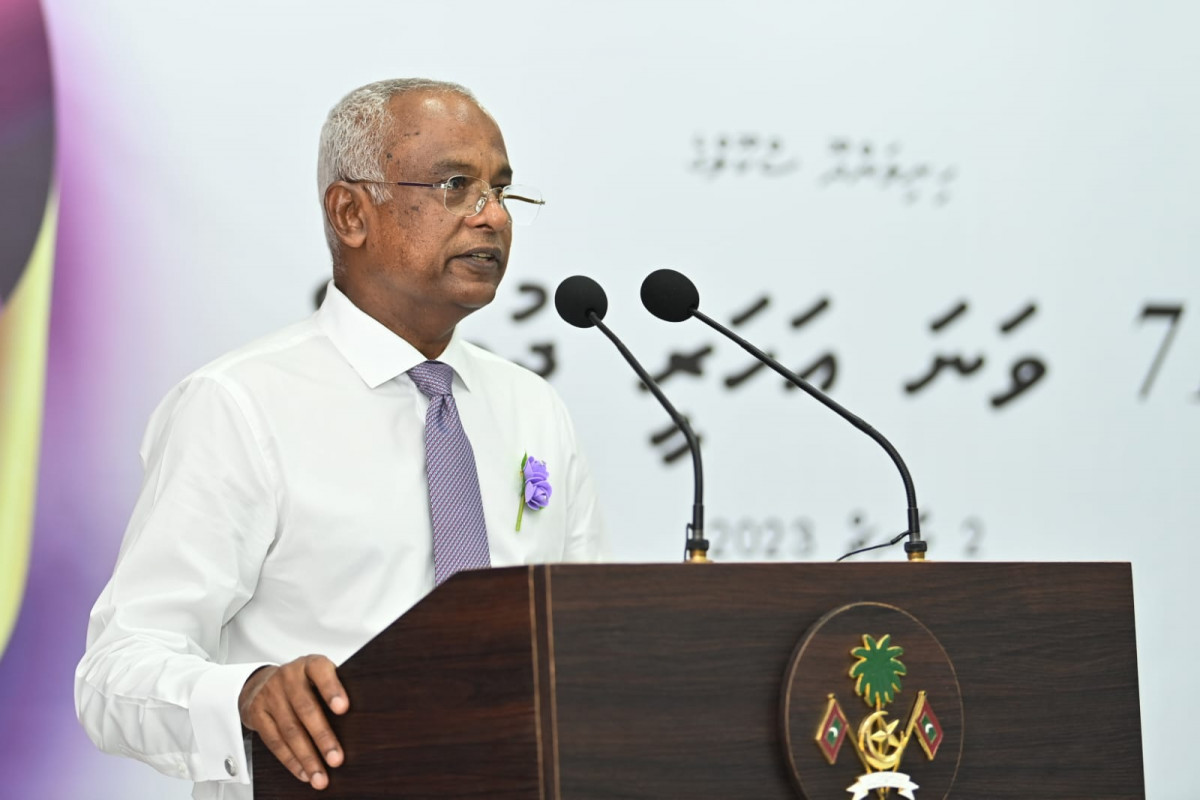Coalition of science-policy-business and finance is vital to ensure environmental policies are inclusive: PGA
The gathering mirrors the value of interconnection and the fundamental link between science, policy, business, civil society and UN agencies in the battle against global challenges


Abdulla Shahid, President of the 76th session of the United Nations General Assembly (UNGA)
Abdulla Shahid, President of the 76th session of the United Nations General Assembly (UNGA) has delivered remarks at the Opening Session of the Fourth Global Session of the United Nations Science-Policy-Business Forum on the Environment (UN-SPBF).
In his message delivered on Tuesday, the PGA noted that the gathering mirrors the value of interconnection and the fundamental link between science, policy, business, civil society and UN agencies in the battle against global challenges.
Stressing that science particularly remains a fundamental tool in the achievement of sustainable development goals, including those directly and indirectly linked to the environment, the PGA urged to leverage the approaches and solutions availed by science and technology, in order to reimagine multilateralism and its role in promoting and preserving the environment.
However, he stated that the right policies and conditions need to be set in place in order to achieve this, adding that the forum is “uniquely” placed to set the “right” tone to do that.
PGA Shahid said that although science is a cause of hope and optimism for humanity in these challenging times, the several barriers that need to be overcome before the vast opportunities can be realized, cannot be overlooked.
Detailing these barriers, PGA Shahid said that the lack of basic infrastructure, insufficient data access and inadequate policy and governance systems to support development, must be looked into.
With this being said, the PGA urged to create empowering conditions for all, especially developing and least developed countries suffering disproportionately due to the Covid-19 pandemic.
PGA Shahid went on to note that collective action is required for the scale of transformation needed to tackle the three planetary crises which are climate change, biodiversity loss, and pollution.
Describing Stockholm +50 to be an “incredible” opportunity for everyone to establish lasting coalitions and foster genuine partnerships to achieve the global environment agenda, the PGA expressed his strong belief that platforms like these afford the ability to reach out to multiple networks, to municipalities and governments as well as to private sector partners, to inspire many more to join these efforts.
PGA Shahid stated that consumers progressively believe that they have a responsibility to purchase products that are good for the environment and society, adding that there are many studies that point out that corporate initiatives aimed at improving environmental, social and governance performance can increase productivity, efficiency and staff retention.
The PGA shed light on his decision to convene a ‘Moment for Nature’ that will enable UN Member States and stakeholders to reflect on the outcomes of the various Summit-level events on the environment held during the 76th Session, in July.
He stated that the high-level thematic debate will also provide the much-needed political momentum for enhanced climate action on the ground, going on to urge to forge a sustainable path forward with equitable access to solutions for all.






